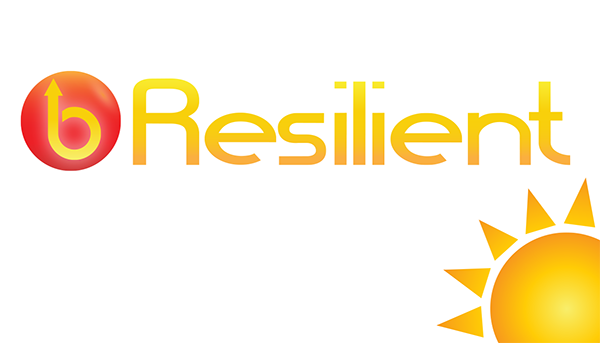Lori Sabo
As another school year comes to an end, we say sad goodbyes to teachers who are retiring, transferring, or heading to new adventures. Our schools will very soon be welcoming some energetic, idealistic, brand-new-to-the-profession educators. One of these newbies is Allison’s daughter. (Congratulations, Samantha!) I want Sam (and all the teachers like her) to have a glorious first year, don’t you?
If I gave her the same advice that was given to me back when I was shiny and new, I would tell her this:
- Do not smile until November, and
- Use petroleum jelly to remove mimeograph fluid from your fingers after you make copies.
I think we can do better.
So here are 12 tips for a new teacher coming into your fold or one you may be sending into the world.
- You can certainly smile before November. Be warm, authentic, sincere, and friendly from day one.
- Classroom management is the key to a positive learning environment. Set clear expectations, teach them explicitly, practice them well. Revisit as necessary.
- Save your voice for building relationships and instruction. A signal like windchimes, a rhythmic clap, or a pleasant-sounding bell can gather the class’s attention quickly and efficiently.
- Get in the habit of phrasing things in a positive way. “Find a comfortable spot and read quietly the whole time” (instead of “Don’t walk around and talk during reading time”) or “We walk silently in the hall” (instead of “Don’t talk on the way to music”).
- Learn how subtle nuances in your speech can make a big difference. For instance, instead of “I’m proud of you,” try “You should be proud of yourself.” We don’t want to be students’ biggest motivation. (For more on this, read Choice Words by Peter Johnston.)
- Be flexible. Plan well. Be organized. And be ready to pivot, because our job is to teach the children in front of us, not barrel through curriculum.
- Be yourself. Comparison is an enemy. We want to learn from others, but instead of comparing ourselves with others, we reflect on our own practice and fine-tune.
- Stay inspired. Read books and participate in professional development that keeps your own spark lit.
- You will be busy and overwhelmed at times. Take your breaks. Eat lunch with the staff. Build professional relationships and sidle up to those who will be positive mentors.
- Ask about the unwritten rules. For example, “Are the coffee cups in the staff room for everyone?”
- Ask for help. Find a trusted colleague or administrator and let them help. Your colleagues want you to succeed and thrive. They will have strategies for the child who doesn’t sit still, isn’t grasping a math concept, or won’t read anything but Diary of a Wimpy Kid for months.
- Positive relationships are critical.
- Establish them early (greet students at the door every day).
- Maintain them frequently (check in during casual conversations and one-on-one conferences).
- Restore them as needed. Oh boy . . . We all blow it. I have a kindergartner who might be allergic to walking. I said his name a little too loudly this week after the umpteenth reminder that we walk in the classroom. A heartfelt apology was quickly accepted and his enthusiastic learning style reengaged.
Shall we make it a baker’s dozen? Teach Daily has a free gift for the new teachers in our lives. Be sure to share this link with a new teacher in your life! I can’t think of a better way to welcome new people into the profession we love so much.
News From The Daily CAFE






